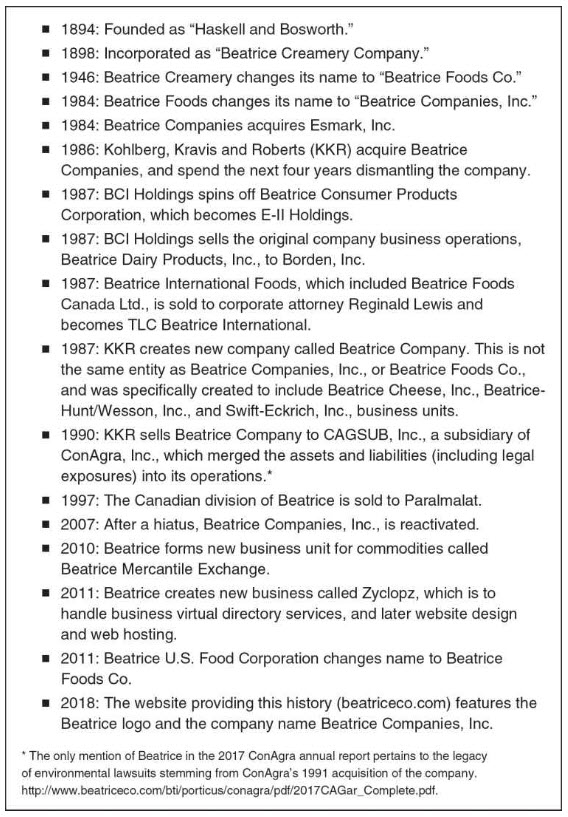JetBlue-American Partnership Struck Down by Federal Judge
A federal judge has blocked a partnership between American Airlines and JetBlue Airways at airports in New York and Boston, writing in a ruling published on Friday that the alliance would hurt competition and raise fares.
The decision is a big victory for the Justice Department, which under President Biden has sought to enforce antitrust laws more aggressively. The judge ruled that collaboration between the airlines, known as the Northeast Alliance, must end.
The Justice Department had said the partnership reduced competition and would cost travelers hundreds of millions of dollars a year if it remained in place. The airlines had argued that the partnership provides consumers with more flying options.
Siding with the government, Judge Leo T. Sorokin of U.S. District Court in Massachusetts wrote, “It makes the two airlines partners, each having a substantial interest in the success of their joint and individual efforts, instead of vigorous, arm’s-length rivals regularly challenging each other in the marketplace of competition.”
Under the agreement, begun in 2021, each airline sells seats offered by the other on certain routes. The airlines also share revenue from certain flights and access to airport gates. The alliance covers the three major airports serving New York City and Boston Logan International Airport.
American and JetBlue did not immediately respond to requests for comment.
The ruling is a blow to JetBlue, which been trying to expand rapidly in recent years. In addition to the alliance with American, JetBlue has entered a deal to buy Spirit Airlines. The Justice Department is asking a judge to block that acquisition as well.
JetBlue is the sixth-largest airline in the United States, with a 5.5 percent share of the domestic market, according to federal data. American is the largest, with 17.6 percent.
In the lawsuit over the Northeast Alliance, the Justice Department argued that JetBlue had been a disruptive presence in the industry, forcing larger, more established airlines to lower prices. JetBlue’s deal with American effectively removed a formidable competitor from several important markets, the department argued.
More than 75 percent of all JetBlue flights last year flew to or from the four airports covered by the agreement, according to flight schedules tracked by Cirium, an aviation data firm.
“Though the defendants claim their bigger-is-better collaboration will benefit the flying public, they produced minimal objectively credible proof to support that claim,” Judge Sorokin wrote. “Whatever the benefits to American and JetBlue of becoming more powerful — in the Northeast generally or in their shared rivalry with Delta — such benefits arise from a naked agreement not to compete with one another.”
In the lawsuit seeking to prevent JetBlue’s takeover of Spirit, antitrust regulators have argued that JetBlue’s pursuit of the Northeast Alliance is evidence that the airline is increasingly acting like a larger, more established carrier. Spirit is even more disruptive to other airlines today than JetBlue, which “has fewer reasons to continue to compete aggressively” with the nation’s largest airlines, the department said. That case is expected to go to trial this year unless it is settled first.






